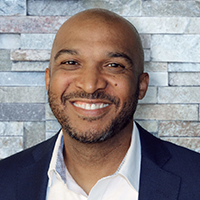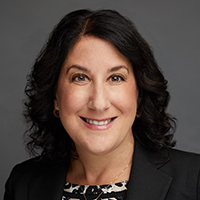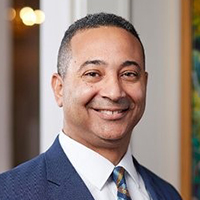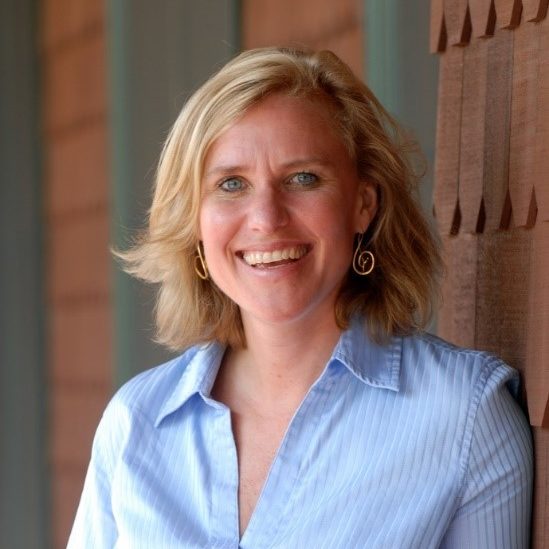
Empowering equitable college persistence in remarkable times
According to Inside Higher Education, the impact of the COVID-19 pandemic has been felt most by students of color. Initial data suggest that students from lower-incomes and those from minority groups may leave their pursuit of a college degree, perhaps permanently. Significant social and financial pressures have hit higher education leaders, creating new urgency for proven solutions to close this degree divide.
In this interactive and timely webinar, CEO of College Possible, Craig Robinson will lead a panel of university leaders to name the biggest challenges, and success stories they’ve experienced in supporting equitable persistence in a post-pandemic world.
WE EXPLORE:
- Bright spots of persistence among first gen and Pell recipient students
- The biggest opportunities for sustained persistence gains, particularly among first gen and students of color
- The role of partnerships in closing the attainment gap
PRESENTERS:

Panelist: Craig Robinson, Chief Executive Officer, College Possible
A fearless advocate for equity, access, and success in education, Craig has over 20 years of leadership experience and a diverse network. He has built an intimate knowledge of the K-12 and higher education systems through previous tenures as chief strategy officer at Henderson Collegiate Charter Network, chief program officer at the National College Advising Corps, national director of KIPP Through College at the KIPP Foundation, executive director for KIPP Through College at KIPP NYC, vice president for programs at A Better Chance, director of diversity & multicultural recruitment at Phillips Academy, and program officer at the University of Michigan. He has provided strategic vision alongside founders, executive leaders and boards — elevating an organization’s ability to disseminate promising practices, strengthen partnerships, and increase visibility and recognition.

Panelist: Dr. Suzanne M. Rivera, President, Macalester College
As the president of Macalester College and a professor of public affairs, Dr. Rivera’s scholarship focuses on research ethics and science policy. Rivera has written numerous journal articles and book chapters, and she co-edited the book Specimen Science. Her research has been supported by the NIH, the NSF, the DHHS Office of Research Integrity, and the Cleveland Foundation. She is engaged in numerous civic and municipal leadership roles, including chair of the board of Public Responsibility in Medicine and Research (PRIM&R), appointed member of the executive council for Minnesota’s Young Women’s Initiative, board member of the Science Museum of Minnesota, board member of College Possible, and member of the TeenSHARP National Advisory Board. Rivera received a BA in American civilization from Brown University, an MSW from UC-Berkeley, and a Ph.D. in public policy from UT Dallas.

Panelist: Daniel Lugo, JD, President, Queens University of Charlotte
Daniel G. Lugo, J.D., began his service as president of Queens University of Charlotte in 2019 after serving in key leadership positions at three top-ranked liberal arts institutions. These roles included vice president of college advancement at Colby College, vice president and dean of admission and financial aid at Franklin and Marshall College, and associate dean of admissions at Carleton College. A first-generation college graduate, Lugo strongly believes in the transformative power of education. He earned his bachelor of arts in political science from Carleton College, and his juris doctorate from the University of Minnesota School of Law, where he was an editor of The Journal of Law & Inequality. Prior to his career in higher education, Lugo was an intellectual property and entertainment attorney, representing national music artists.

Panelist: Dr. Jenny Rickard, President & CEO, Common App
President & Chief Executive Officer Jenny Rickard joined Common App in August 2016. Her expertise embodies each area of college enrollment management, including admission, technology and financial aid. Her extensive service within the national higher education community includes a wide range of roles with the College Board, Association of College Counselors in Independent Schools (ACCIS), and US Department of Education.

